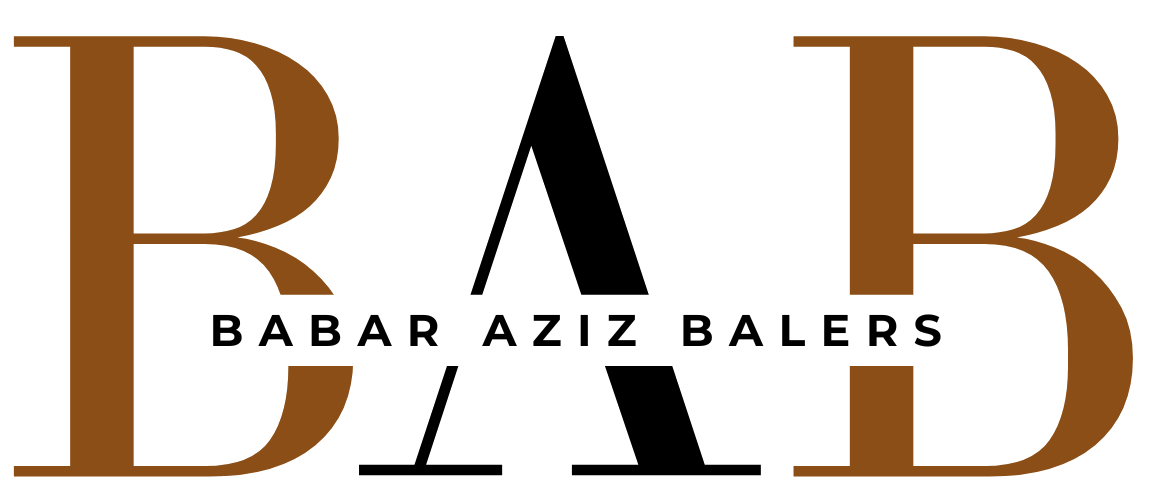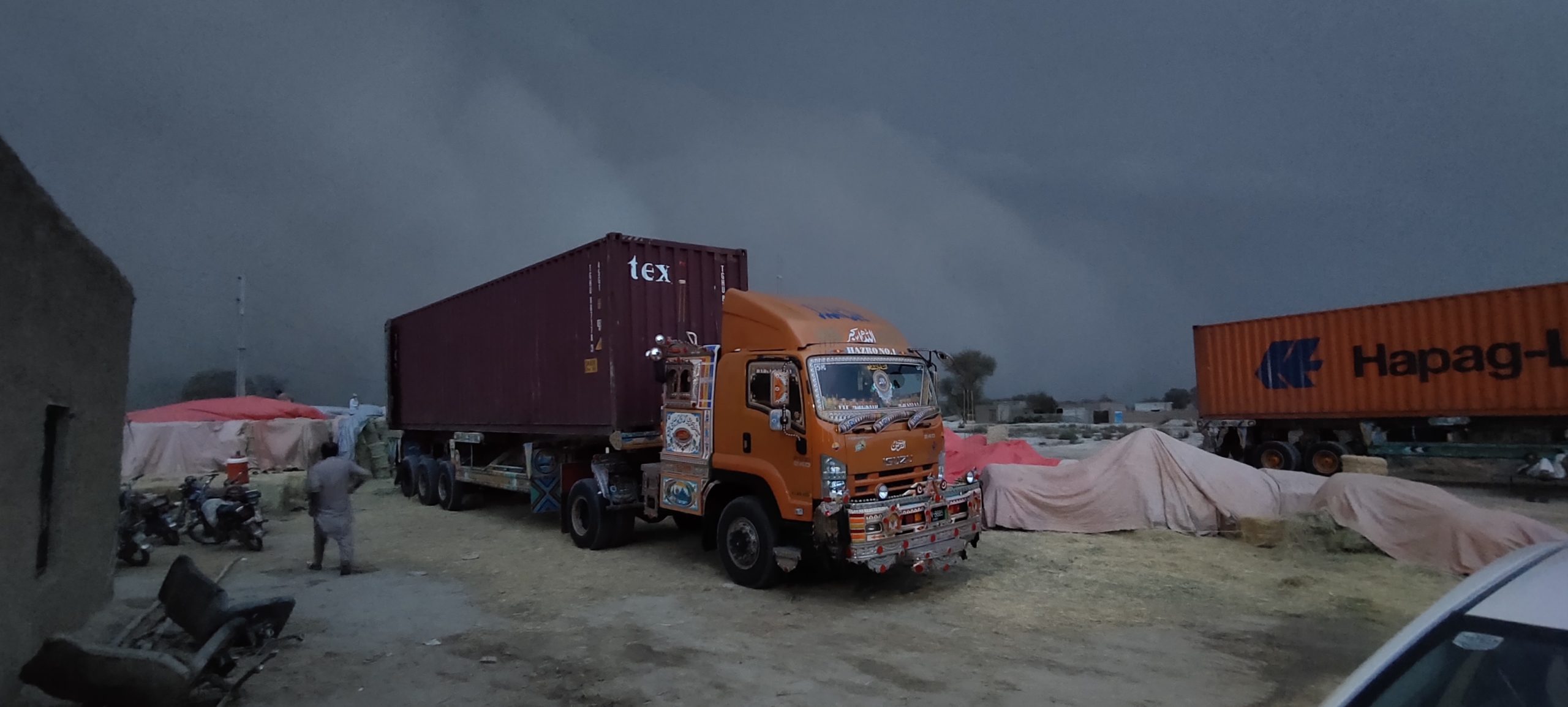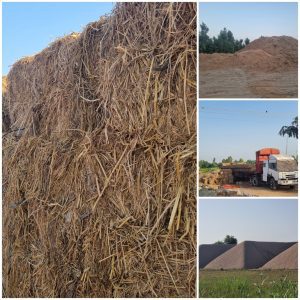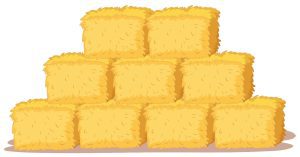Introduction
For over three decades, Babar Aziz Balers has been at the forefront of Pakistan’s biomass revolution. From a humble workshop in 1988 to today’s status as the country’s largest baler of wheat straw and a leading supplier of diverse biomass products, the company’s story is one of vision, innovation, and unwavering determination.
Know More
From Vision to Machine: The First Hydraulic Press (1988–1992)
It all began in 1988 when Ch. Babar Aziz visited a paper mill in Charsadda and learned that they paid Rs 33 per mann for manually bundled straw—while he knew he could save them Rs 500 per day with mechanized bales. At the time, Pakistan had only antiquated water presses with rust-prone leather seals. Undeterred, Mr. Aziz invested profits from his family’s pharmacy and electronics shop to design and build the country’s very first hydraulic straw-baling press.
The first prototypes were far from perfect: frequent breakdowns meant he spent five years refining the design, often cannibalizing parts from earlier models. Despite zero sales until 1992, Mr. Aziz’s vision never wavered. By the early ’90s, his machines could reliably compress wheat straw into 35–40 kg bundles—five times heavier than the old 8 kg hand-made loads—dramatically lowering transport costs per kilogram.
Shaking Up the Market: Bigger Bundles & Northern Expansion
Initially, buyers balked: no laborer could lift a 40 kg bale! But necessity made converts. In 1992, a drought decimated local wheat straw supplies around Okara, and a savvy mill manager recognized the cost savings of heavier bales. He commissioned Mr. Aziz to supply from central Punjab to northern Pakistan—establishing Babar Aziz Balers’ first true supply chain beyond its home base.
Across the Waves: Open-Boat Exports to Containerization (1995–1998)
By 1995, Babar Aziz Balers was loading open boats with wheat straw destined for the Gulf. A disastrous shipment to the UAE—rejected for fungal contamination—spurred Mr. Aziz to rethink export methods. He manually measured a sea-container’s interior in 1997, then retooled his presses to produce perfectly sized bales that kept moisture—and fungus—at bay.
His first container held 570 bundles weighing over 20 tonnes—unheard of at the time. With this pioneering move, Babar Aziz Balers became the very first Pakistani company to export wheat straw by sea-container, setting an industry standard that persists today.
Military Contracts & Risk-Taking (1997–1998)
In May 1997, Babar Aziz Balers won fifteen military contracts to bale straw on government farms in Okara, Rawalpindi, Jhelum, and Abbottabad. The contracts promised prestige but led to crippling financial losses: unforeseen costs forced the company to sell assets and re-invest every rupee back into operations. By May 1999, all contracts were fulfilled—and despite the turmoil, Babar Aziz Balers remained on GHQ’s white list, while many competitors were blacklisted.
Chasing the Straw: New Hubs in Response to Climate Change
As Punjab’s climate shifted—cotton giving way to wheat straw in dryer districts, then erratic rains—Mr. Aziz adapted. He opened baling units in Garh Mor and Kacha Khu (Jhang), and Sukkur became a gateway for Balochistan’s biomass exports due to its security and transport links. Today, Babar Aziz Balers handles more tonnage than any other baler in Pakistan, supplying mills and warehouses from Karachi to Khyber.
Today’s Operations & Offerings
-
- Capacity: Where once we baled 50–100 tonnes per day, today our presses routinely handle 100–200 tonnes—and more—on customer demand.
-
- Product Mix: We remain Pakistan’s top wheat straw baler, but since 2013 we’ve diversified into rice husk, corn cob, maize straw, mustard straw, sesame straw, peanut straw, and Rhodes grass animal feed. Biomass is now our core focus, accounting for over 70 % of our volumes.
-
- Modern Machinery: Our hydraulic presses now feature variable-size moulds, high-capacity pumps, and rapid-change tooling—so we can deliver any bale size on demand, without days of downtime.
-
- Energy & Logistics: With backup generators and tractor-mounted loaders, we guarantee uninterrupted baling and fast truck or container dispatch from our warehousing hub in Haripur.
-
- White-Listed & Trusted: We continue to hold a white-list registration with GHQ’s military dairy farms—proof of our reputation for quality and reliability.
Looking Ahead: The Next Five Years
Biomass is the future of sustainable energy and feed in Pakistan. Over the next half-decade, we will:
-
- Expand Biomass Capacity by installing high-throughput presses dedicated to rice husk and corn cob.
-
- Innovate Field-to-Press Logistics by piloting on-site mobile baling units that travel to farms and dispatch sealed bales directly into containers.
-
- Lead in Sustainability by exploring carbon-credit partnerships and ISO certification for our biomass processes.
-
- Solidify Market Leadership to become the largest single-source supplier of biomass in Pakistan, serving both domestic mills and export markets.
Conclusion
From pioneering Pakistan’s first hydraulic straw press to today’s industry-leading biomass operations, Babar Aziz Balers stands as a testament to vision, resilience, and innovation. As we enter our 37th year, our commitment remains unchanged: deliver the highest-quality biomass solutions at unbeatable value—because, at Babar Aziz Balers, the future of Pakistan’s green energy begins with every bale.



